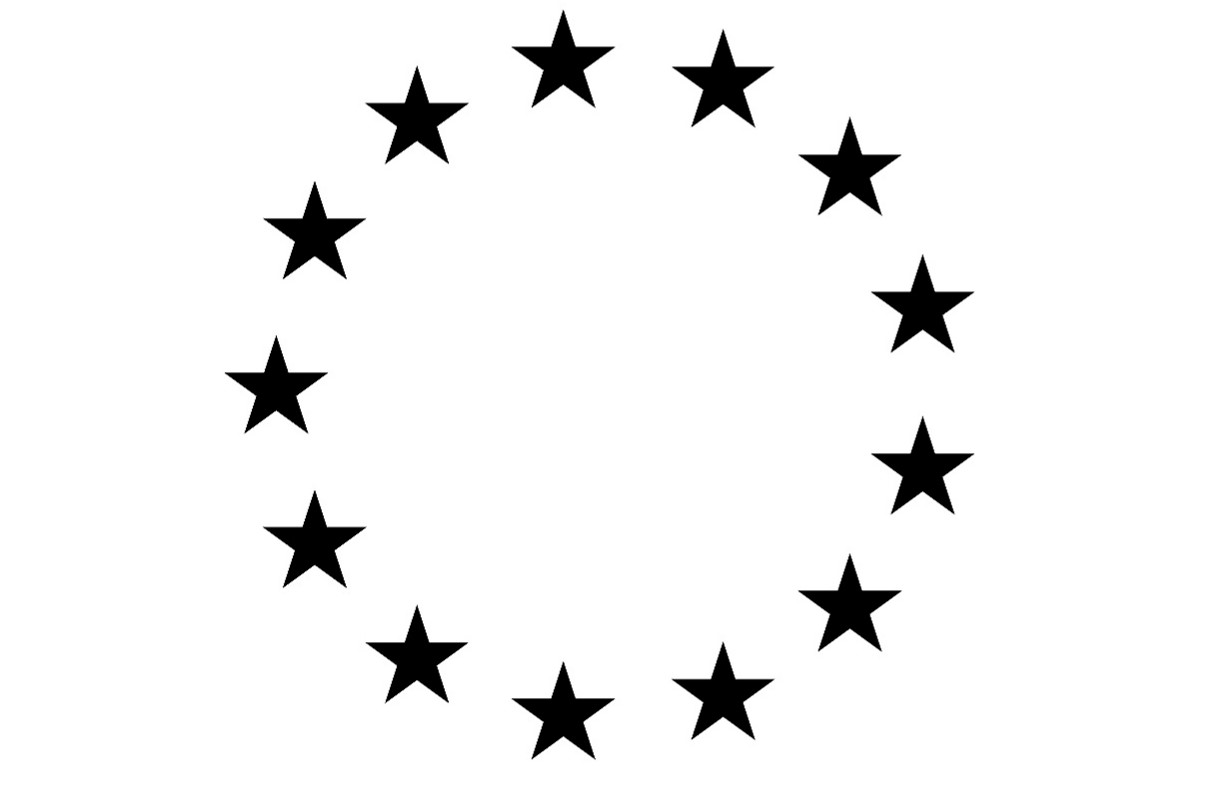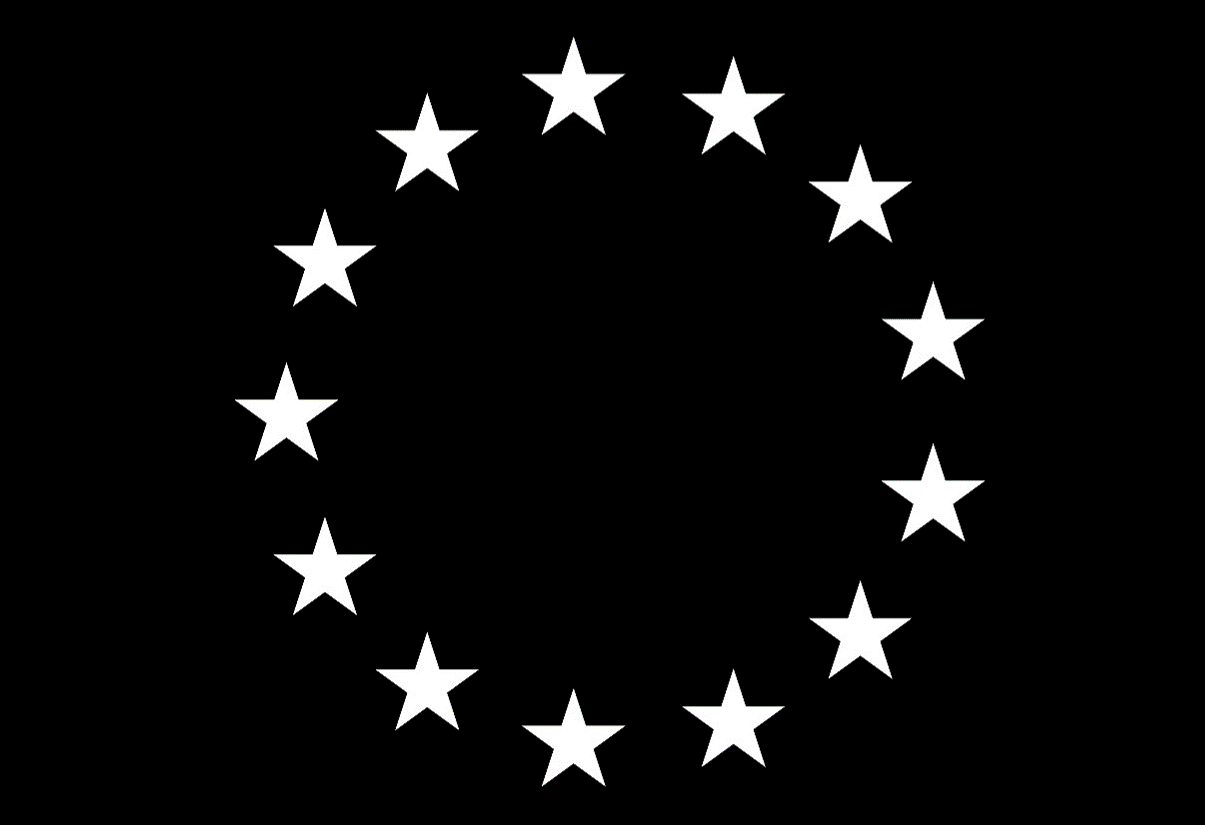In view of their incredible computing capacity, today’s password-based security architecture “does not exist for quantum computers in practice”. While a very fast (regular) computer can try out all combinations of a seriously strong password (e.g. one with 95 characters) in just 14 months (of computing time), a quantum computer would only need fractions of a second (depending on its capacity). In comes Spain-based Quside, which builds quantum random number generators (QRNG) located on a photonic chip, to enable the encryption of messages even quantum computers can’t decrypt. (Note: Quside’s QRNG’s are an improvement on true random number generators (TRNG), which are often not integrated in systems due to cost or design choice, because they’re based on physical principles that are complex & therefore produce “random-looking” dynamics/ chaos, but which are, by principle, predictable & deterministic; conversely Quside’s QRNG’s generate randomness by measuring quantum processes, which are, by nature, non-deterministic). Quside’s product (available on-premise or via Quside Cloud Partners) is called the “Randomness Processing Unit” (RPU). It is based on high-speed, high-quality QRNGs & hardware acceleration. In sum, it allows customers to offload their randomness generation & processing from the CPU, thereby accelerating (up to 10x faster than traditional number generation subroutines, which may involve up to 95% of total simulation resources) & optimizing (up to 20x less energy-intensive) their randomized workloads. The RPU unit can be used to perform simulations such as risk analyses in the financial sector or weather forecasts (note that the chip design is compatible with common semiconductor manufacturing (CMOS), which enables mass production). It’s worth pointing out, that the global market for QRNG is expected $7-10bn by 2026. Quside’s European ~competitors include ID Quantique (CH) (acquired by SK Telecom in 2018), Randaemon (PL) (€n.a.), Quantum Dice (UK) (€n.a.) with honorable mention to Australia-based Quintessence Labs ($50m). Quside was spin out of ICFO in 2018 by Carlos Abellan (CEO), Domenico Tulli (CTO) & Waldimar Amaya (VP Engineering). The firm currently employs around 30 people near Barcelona. Quside is an active member of the European Quantum Industry Consortium (QuIC), as well as a contributor to various European Commission projects (e.g. partnering with Civiq on the Quantum Flagship program) & Spanish initiatives (e.g. Caramuel, QuantumSpain). The startup’s first customers are said to be from the aerospace industry. Quside also plans to expand into the consumer market in the coming years, as its chips can be used to increase the security of smartphones, tablets or even vehicles. Fun fact: Quside marks the second investment in the quantum space by TRUMPF – a leading Germany-based mechanical engineering company -, who also develops their own start-up Q.ANT – which received €42m from the Federal Ministry of Research last year – to develop a quantum computer chip “made in Germany”). <Source: hpcwire.com, photonics.com, quantumcomputingreport.com, vdi-nachrichten.com, elreferente.es, deutschland.de, elperiodico.cat, startbase.com>


